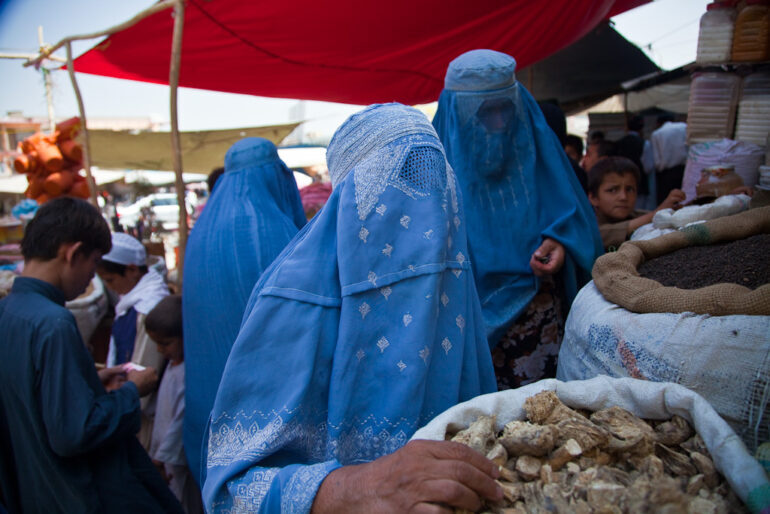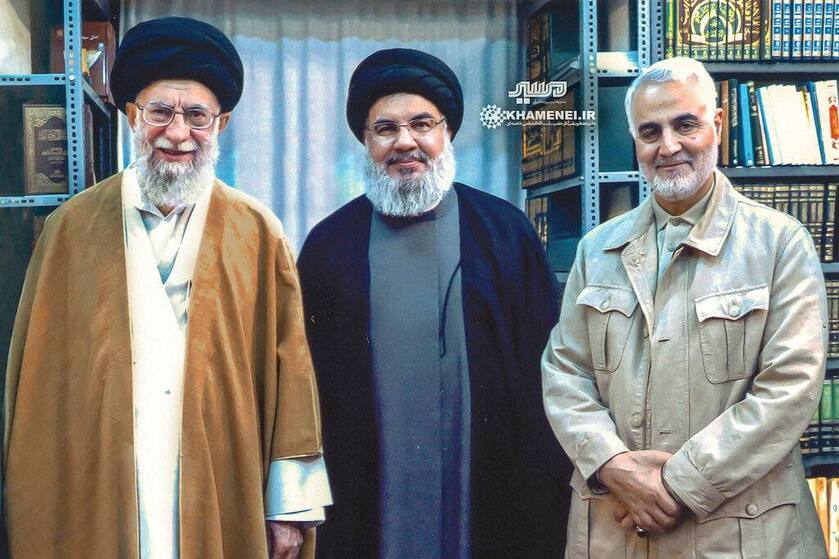The US is STILL Giving Billions to Afghanistan
In the wake of the Taliban's takeover in August 2021, Afghanistan has faced numerous challenges. The United States, recognizing the critical needs of the Afghan people, has continued to provide substantial aid to the country. Let's dive into the details of U.S. assistance to Afghanistan in 2023.
The Big Picture
In 2023, the U.S. made an impressive commitment to Afghanistan, appropriating a whopping $11.11 billion in total assistance. This figure encompasses various forms of aid, from immediate humanitarian relief to long-term development projects.
Humanitarian Aid: Addressing Urgent Needs
The humanitarian situation in Afghanistan remains dire, and the U.S. has responded accordingly. In fiscal year 2023, nearly $826 million was allocated specifically for humanitarian assistance. This funding targets the most pressing needs of vulnerable Afghans, including:
1. Food security
2. Shelter
3. Medical care
Speaking of food security, it's worth noting that more than half of the humanitarian funds – $422 million to be exact – went to the World Food Programme. This substantial investment highlights just how critical the food situation is in Afghanistan.
Since the Taliban took control in August 2021, the U.S. has provided almost $2 billion in humanitarian aid to Afghanistan. This ongoing support demonstrates America's commitment to helping the Afghan people through this challenging period.
Beyond Immediate Relief: Development Aid
While addressing immediate needs is crucial, the U.S. is also looking towards Afghanistan's future. Out of the $2.52 billion appropriated for Afghanistan assistance since late 2021, a significant portion has been earmarked for development projects. These initiatives aim to improve:
- Infrastructure
- Education systems
- Healthcare facilities
By investing in these areas, the U.S. hopes to contribute to Afghanistan's long-term stability and growth.
Supporting Afghan Refugees
The U.S. aid package doesn't stop at Afghanistan's borders. Recognizing the plight of displaced Afghans, substantial resources have been allocated to support refugees both within Afghanistan and in neighboring countries. This comprehensive approach ensures that vulnerable populations receive necessary aid, regardless of their location.
Looking Ahead
As we reflect on the U.S. aid to Afghanistan in 2023, it's clear that America remains committed to supporting the Afghan people during these turbulent times. The substantial financial assistance – from emergency food aid to long-term development projects – underscores the ongoing efforts to address the humanitarian crisis and lay the groundwork for a more stable future.
While challenges undoubtedly remain, the continued support from the United States provides a glimmer of hope for millions of Afghans. As we move forward, it will be crucial to monitor how this aid is implemented and its impact on the ground.
What are your thoughts on U.S. aid to Afghanistan? Do you think this level of support is appropriate? Share your opinions in the comments below!


















